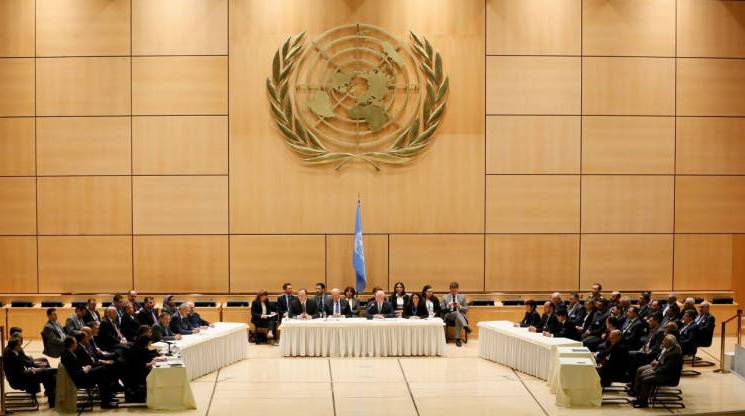
India signed a key UN convention on international settlement agreements, even as experts called for local laws to support the treaty’s implementation in business contracts.
Daily Current Affairs Quiz 2019
The United Nations Convention on International Settlement Agreements (UNISA) was signed by India’s High Commissioner to Singapore Jawed Ashraf, representing the Government of India. Forty-six countries signed the treaty named Singapore Convention on Mediation.
Singapore Minister of Home Affairs and Law, K Shanmugam, appreciated the strong support shown by the 70 countries represented at the signing ceremony. He highlighted the participation by the world’s three largest economies the USA, China and India.
“The singing of the convention is particularly important for the growth of mediation in India,” said Chennai-based senior advocate and mediator Sriram Panchu, who was part of the team organising the convention. “India has adopted this (convention) and with that we have significantly enhanced the ease of doing business in India,” he told PTI.
“On the ease of doing business, as for the legal front, we are up by 50 per cent just by signing this convention and it is a dramatic jump,” said Panchu, a member of the National Legal Service Authority, India. But this is just a base convention that will have to be translated into an effective law in India, said the legal veteran, who had set up India’s first mediation centre in Chennai in 2005.
To further boost foreign investors’ confidence in the Indian market, Panchu said the law supporting the convention in India should cover all government contracts with investors for mediation both in India and in a third country choice of disputing parties.
Joining Panchu’s call for a supporting law, Sadhana Ramachandran, advocate in the Supreme Court of India, observed “the huge potential” increase in the number of mediation cases in the country. “We have now 80-100 matters a day with 300 mediators working in the Delhi High Court,” said Ramachandran, who is also a senior mediator in the Supreme Court and Delhi High Court.
She expects the mediator community to grow exponentially, given the need to have a mitigation department in every law firm. With contract-based businesses set to boost the Indian economy to the USD 5 trillion target, foreign companies would be asking legal groups about their mediation capabilities, explained Panchu
He appreciated the Indian government’s accelerated approval of signing the convention a week ago, saying it would put India among the best governance class in the world.
President of the Law Society in Singapore Gregory Vijayendra said South Asia constitutes one of the largest markets for international arbitrations under the Singapore International Arbitration Centre (SIAC), which is dominated by disputes from Indian businesses.
Vijayendra praised the legal expertise in India, with top-class lawyers who would be able to manage mediation as they have done so with arbitration and litigation cases. A number of UN member countries, both the convention signatories and the ones yet to sign, will need domestic laws supporting the mediation agreements within their respective jurisdictions, he said.
So as to expedite the implementation of the treaty in each signatory country, the convention has a model law that can be adopted, according to experts at the convention. With at least three signatory countries ratifying the treaty, the convention is expected to come into force from the middle of next year at the earliest, said the experts.





